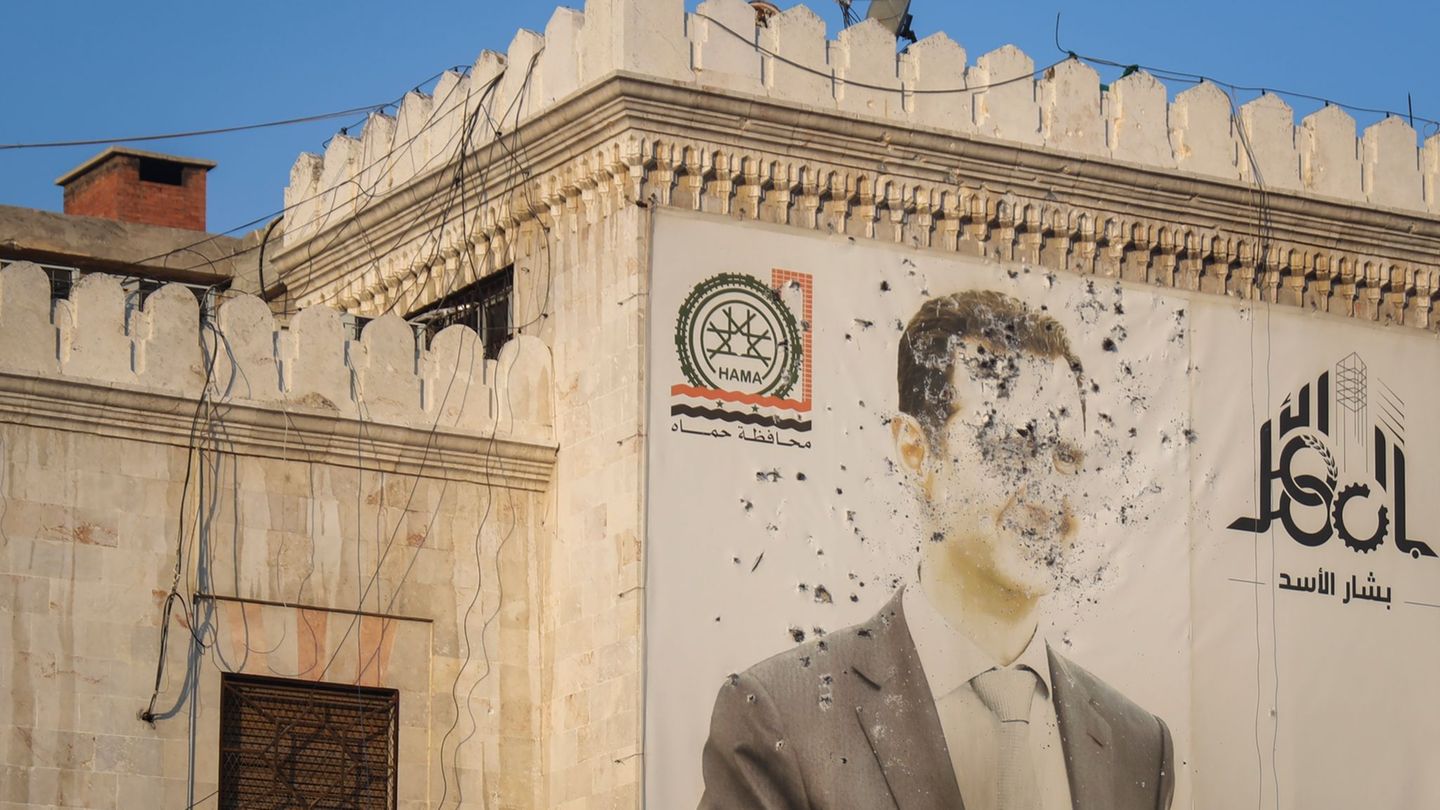He Decree of Necessity and Urgency (DNU) published by the Government of Javier Milei introduced some reforms in labor matters that, if successful, would generate a profound impact on the workers’ rights and would radically modify the labor Relations in Argentina. Thus he warns Ambit the lawyer specializing in the matter Cynthia Benzion, president of the Labor Lawyers Associationwhen he points out that “this DNU completely overwhelms the workers’ rights and above all the general principles that govern labor relations in our country”
The lawyer warns that these rights are in the National Constitution, article 14 bis, in the Employment Contract Law and in others that are intended to be repealed. Benzion mentions that all emergency laws (as this decree maintains) when they are issued they are precisely to give greater protection or greater benefits to citizens that is suffering the effects of a crisis, but points out that, “in this case, the exact opposite is done and under the argument that there is an emergency, it deregulates, removes protection, removes rights, absolutely releases the possibility of businessmen to hire , dismissing, not registering labor relations”.
DNU: a move that violates the Constitution
Likewise, as stated Matías Cremonte, president of the Latin American Association of Labor Lawyersarticle 99 of the Magna Carta “prohibits the president from legislating and only authorizes it in very exceptional cases,” but explains that “this is not the case” and warns that “there is no type of situation that warrants labor reform by decree“.
“In fact, article 1 of the DNU declares the emergency in different aspects, one of them is social, but it should have attacked this situation in another way, for example, by decreeing a general increase in salaries or subsidies. You cannot use this supposed emergency to do the opposite,” warns Cremonte.
The truth is that the Government takes advantage of this situation that it alleges to repeal the entire employment regularization regime not registered, as well as the classification of recklessness and malice of the non-payment of compensation for dismissals and approved agreements.
The labor rights that Milei seeks to reform
In addition, enables the hiring of rural workers by temporary service companies and overturns the aggravation of compensation for the lack of registration of the personnel of private homes, as well as excluding from the Employment Contract Law for informal workers under a service, works and agency contract and the trial period lasts from 3 to 8 months.
In administrative matters, the decree eliminates the obligations of banks in relation to salary accounts, requires the express consent of each worker for the deduction of union and solidarity dues and the maternity leave regime. On the other hand, it makes the working day regime more flexible, enabling the bank of hours and overtime with no other limit than 12 hours between workdays and incorporating blockades and establishment takeovers as grounds for dismissal.
In case of dismissal, bye compensation
In case of layoffs, tariffs for compensatory dismissalplaces the burden of proof of discrimination on the victim and prohibits reinstatement in employment, reduces compensation for the worker’s re-entry and enables the payment of compensation in up to 12 installments with a reduced credit update rate, as well as limits freedom of association by restricting the holding of assemblies.
“This reform implies a weakening of the entire labor law system in Argentina. In the Employment Contract Law, for example, a fundamental principle of labor law is that of the primacy of reality and it is assumed that an employee accepts being a monotributista, for example, driven by the need to work, but that he does not can validly waive any rights,” says Cremonte.
For this reason, it explains that article 23 of that norm establishes that It is presumed that there is an employment relationship when someone provides tasks for others. If this is not the case, the employer has to prove it in court, but, in principle, it is assumed that there is an employment relationship and, as the lawyer indicates, the DNU eliminates that presumption and no longer contemplates the leasing of services or works.
employment
Contracting and employment conditions change.
Pexel
On the other hand, Cremonte warns that it establishes weakening of employment stabilitygiven that, for example, “when someone starts working anywhere it is automatically presumed, if they work 3 months and 1 day, they pass the test, but the decree seeks to extend that period to 8 months.”
Furthermore, it mentions that the Government seeks to facilitate dismissal because “it reduces the compensation by modifying some items that are taken into account for the calculation basis of that amount, but at the same time it enables, through collective bargaining, a kind of unemployment insurance“Of course it must be agreed upon by the parties.” That violates a kind of policy that is established in the Constitution regarding the state’s duty to promote and guarantee the source of work and, within that role, the deterrent element of compensation is framed.
The working day, a decision of the employer
“It is also very serious that the entire employment regime is authorized to be modified through collective bargaining. working day. The only thing that will remain unchanged is that between one day and the next there must be a minimum of 12 hours of rest, but I would no longer be limited to 8 hours a day and a system called an hour bank can be established,” adds Cremonte.
This implies that the employer can arrange for the employee to work 12 hours one day and not do so the next day. He can manage the bank’s hours and then He never pays overtime.
Attack the right to strike
And, finally, he maintains that “one of the most serious things is the attack on right to strikesince, on the one hand, it is established as a justified cause for dismissal, so that the employer can frighten and try to prevent local workers from giving in and not exercising their right to strike because it is possible that they will lose their job.
An unconstitutional decision
In conclusion, as Benzion and Cremonte maintain, The Government’s move to advance with this decree is an encroachment on rights and also on democratic institutions.given that they are norms that should pass through Congress and never be promoted by DNU.
For Benzion, “the legal securityso claimed and which is even mentioned in this DNU, what it will generate is quite the opposite.” He warns that there is a strong risk of judicializationsince it states that all workers who must complain about the lack of recognition of rights that are in current laws and that this DNU intends to erase, “surely, They are going to go to court to demand the application of the laws of the current Congress“.
So, be aware that The Government seeks to modify and/or repeal more than 360 articles and consider that “It is absolutely illegal and that, surely, this will be declared by the judges when they have to resolve the specific claims.”
Source: Ambito




